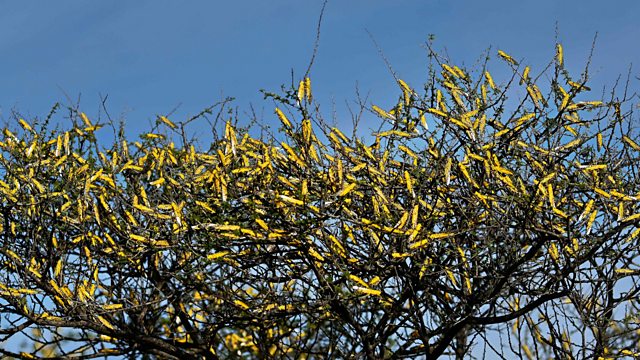Locust invasion threatens East African food production
East Africa's losing a battle against the desert locust, so we consider the implications.
East Africa's losing a battle against the desert locust, so we consider the implications. Abubakr Salih Babiker is a climate scientist at the IGAD Climate Prediction and Applications Centre in Nairobi, Kenya, and explains a warming climate and unusual rainfall patterns have given rise to exceptional breeding conditions for locusts. Keith Cressman is the UN Food and Agriculture Organisation's locust specialist and discusses how the swarms spread. We hear about crop protection measures that can be taken from Timothy Munywoki, senior agronomist at Amiran Kenya. And economist Vincent Phiri of NKC African Economics argues that considerable economic damage could result, even if the spread of locusts can be contained. Also in the programme, guests in the H10 Palace Hotel on the Costa Adeje on the Canary Island of Tenerife are under lockdown after a travelling Italian doctor there tested positive for coronavirus. We find out more from British tourist Nigel Scotland, one of the hotel's guests who was due to fly home today. Plus the 大象传媒's Theo Leggett tells us about a slew of new airlines cutting flights to locations around the world which have been affected by outbreaks of the new disease.
(Picture: Locusts in a shrub in Kenya. Picture credit: Getty Images.)
Last on
Broadcast
- Tue 25 Feb 2020 22:32GMT大象传媒 World Service

